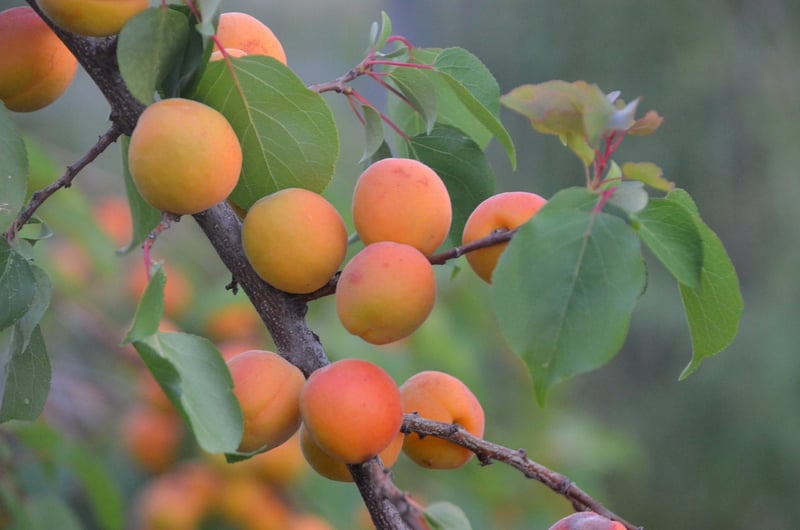Sustainable Agriculture
Revolutionize Farming Methods with Sustainable Agriculture
In today's world, the importance of sustainable agriculture cannot be overstated. As we face the challenges of climate change, soil degradation, and water scarcity, it has become imperative to revolutionize farming methods to ensure a secure future for food production. Sustainable agriculture offers a holistic approach that not only aims to increase yields but also prioritizes environmental health, social equity, and economic viability.
The Principles of Sustainable Agriculture
Sustainable agriculture is guided by several key principles:
- Soil Health: By preserving soil quality through practices like crop rotation, cover cropping, and reduced tillage, sustainable agriculture ensures the long-term productivity of farmland.
- Water Management: Efficient water use, conservation strategies, and the protection of water sources are essential components of sustainable farming.
- Biodiversity: Encouraging plant and animal diversity on farms helps maintain ecosystem balance, reduce pests naturally, and enhance resilience to environmental changes.
- Climate Resilience: Sustainable agriculture practices aim to mitigate and adapt to climate change by sequestering carbon, reducing greenhouse gas emissions, and building resilience to extreme weather events.
- Community Engagement: Supporting local communities, fair labor practices, and equitable distribution of resources are integral to sustainable agriculture.
Benefits of Sustainable Agriculture
Embracing sustainable agriculture practices brings a multitude of benefits:
- Environmental Protection: Reduced chemical inputs, improved soil health, and biodiversity conservation contribute to overall environmental health.
- Improved Food Quality: Sustainable farming often results in higher quality, nutrient-rich produce that is better for consumer health.
- Resilient Farms: Farms practicing sustainable agriculture are more resilient to climate variability and market fluctuations.
- Cost Savings: Long-term cost savings from reduced inputs and increased efficiency can benefit farmers economically.
- Enhanced Ecosystem Services: By preserving natural resources and ecosystem services, sustainable agriculture supports long-term food security.
Embracing Innovation in Farming
As we look to revolutionize farming methods, embracing innovation is key. Technologies such as precision agriculture, hydroponics, vertical farming, and agroforestry offer sustainable solutions to enhance productivity while minimizing environmental impact. Additionally, farmer education, research, and policy support play crucial roles in advancing sustainable agriculture practices worldwide.
By adopting sustainable agriculture principles and integrating innovative technologies, we can revolutionize farming methods to ensure a thriving agricultural sector that meets the needs of present and future generations.

Join the movement towards sustainable agriculture and be a part of the solution for a more resilient and sustainable food system!
For more information, visit FAO - Sustainable Agriculture.
